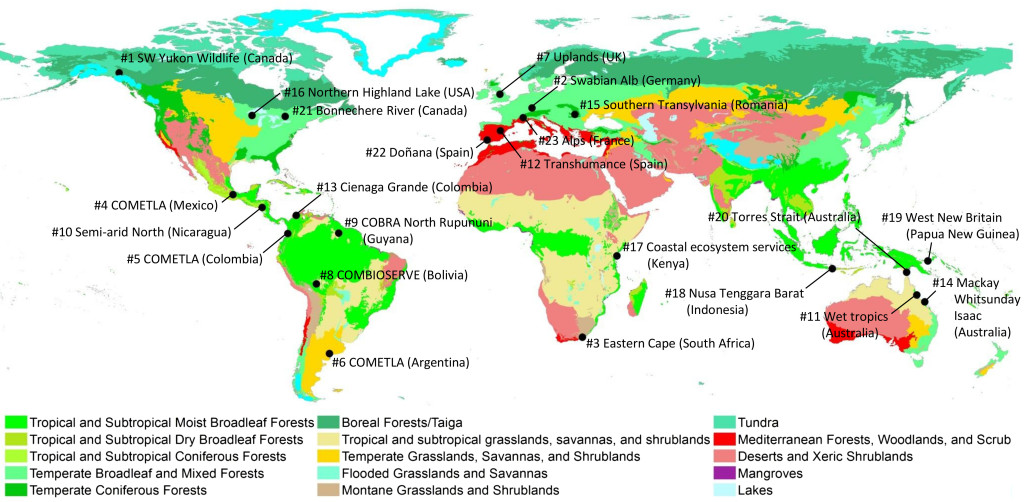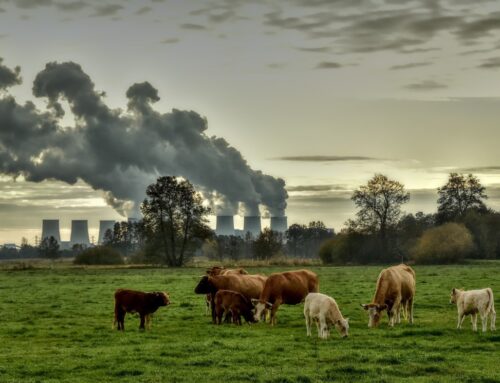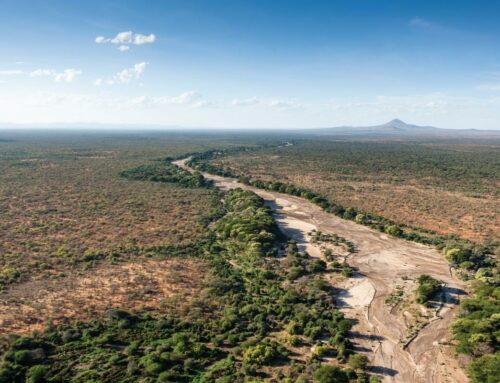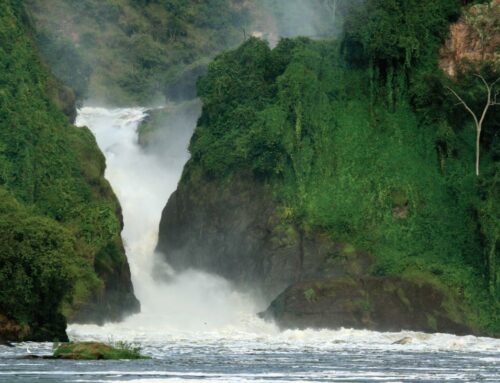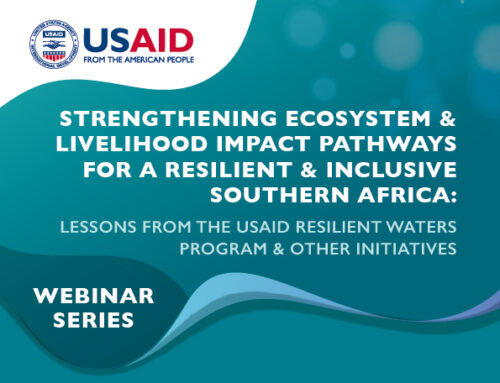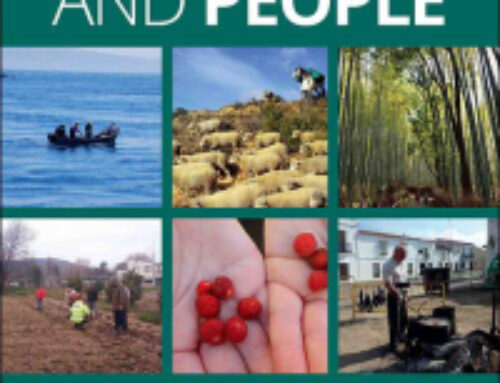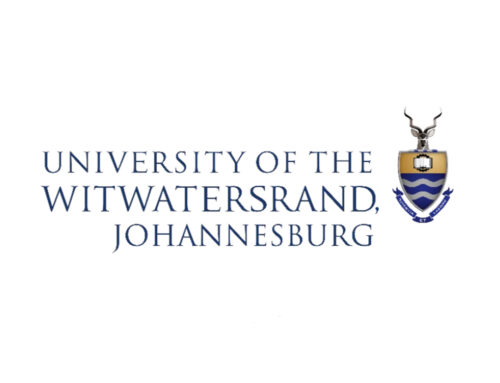“Scenarios” are descriptions and visualizations of the potential future of a social-ecological system. In participatory scenario planning different groups of people use their local and scientific knowledge to develop sets of scenarios that provide multiple perspectives on real-world problems.
A recent study by SAPECS researchers and a diverse group of international colleagues compares and contrasts 23 examples of participatory scenario planning. The study, published in Ecology and Society, aims to improve the rigor, inclusiveness and effectiveness of scenario planning exercises in place-based research. This is increasingly important as global initiatives such as the Intergovernmental Panel on Biodiversity and Ecosystem Services (IPBES) are adopting scenario planning as an approach to studying social-ecological interactions.
The paper results from a collaboration of researchers from research institutes around the world, brought together through the Programme on Ecosystem Change and Society (PECS) network. A total of 23 participatory scenario planning case studies were compared and analyzed to address the following main questions: How was scenario planning useful to participants and researchers? How did it contribute to decision-making? And what are common methodological challenges in the scenario planning approach?
The approach was found to improve the quality of dialogue between stakeholders, help bring in different kinds of knowledge, and have the potential to support creativity and social innovation. However, the review also identified three key challenges to the development of social-ecological scenarios.
Firstly, there is a need to carefully reflect on which values are being promoted or suppressed through the process. Though the process was often mostly explorative, there is a balance to strike between exploring potential futures and being normative, i.e. portraying futures that “should be.”
Second, limited availability of resources and people to continue working in projects after the exercise is finished reduces the possibilities for evaluating and updating scenarios. However, revisiting and evaluating scenarios often substantially increases the quality and usefulness of these processes.
Thirdly, it is important but often challenging to navigate between the scientific and policy goals of scenario planning while also engaging with the local social-ecological context and different kinds of knowledge.
These challenges could be better navigated by creating a more connected and self-aware community of scenario practitioners, that enables people to engage with others to exchange experiences and knowledge, to build on past successes while learning from challenges encountered.
Thank you to Marika Haeggman for the original news article. Please navigate to the Stockholm Resilience Centre website for the full write-up.
For the scenario planning review, please navigate to the paper at the Ecology & Society website.
Reference: Oteros-Rozas, E., B. Martín-López, T. Daw, E. L. Bohensky, J. Butler, R. Hill, J. Martin-Ortega, A. Quinlan, F. Ravera, I. Ruiz- Mallén, M. Thyresson, J. Mistry, I. Palomo, G. D. Peterson, T. Plieninger, K. A. Waylen, D. Beach, I. C. Bohnet, M. Hamann, J. Hanspach, K. Hubacek, S. Lavorel and S. Vilardy 2015. Participatory scenario planning in place-based social-ecological research: insights and experiences from 23 case studies. Ecology and Society 20(4):32.


